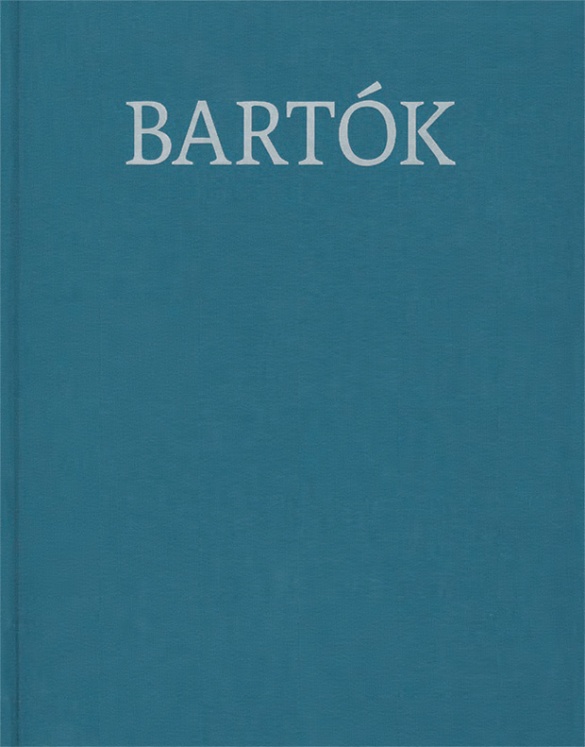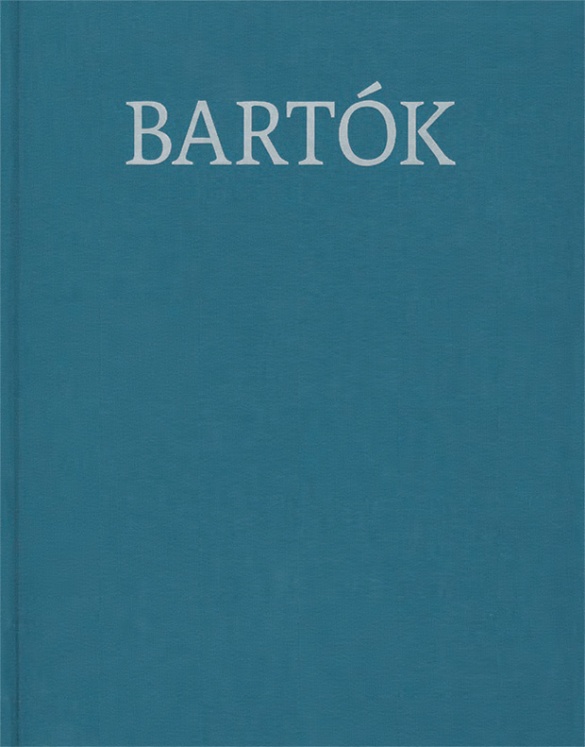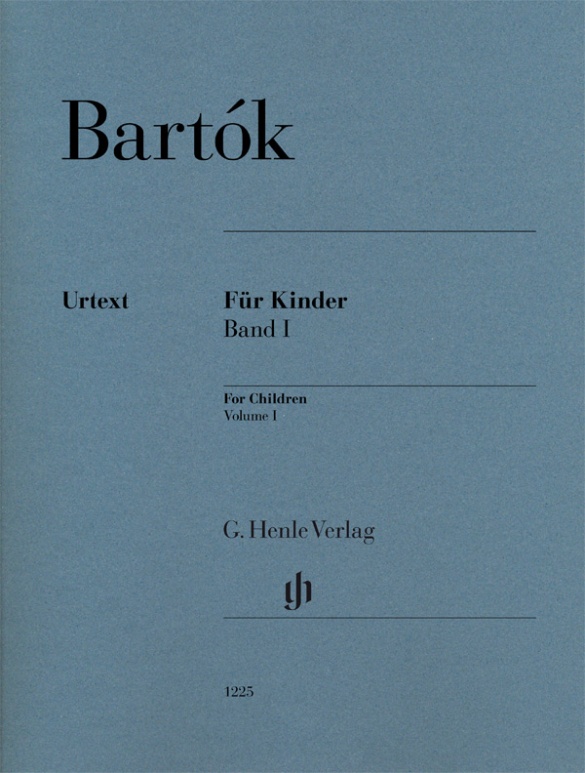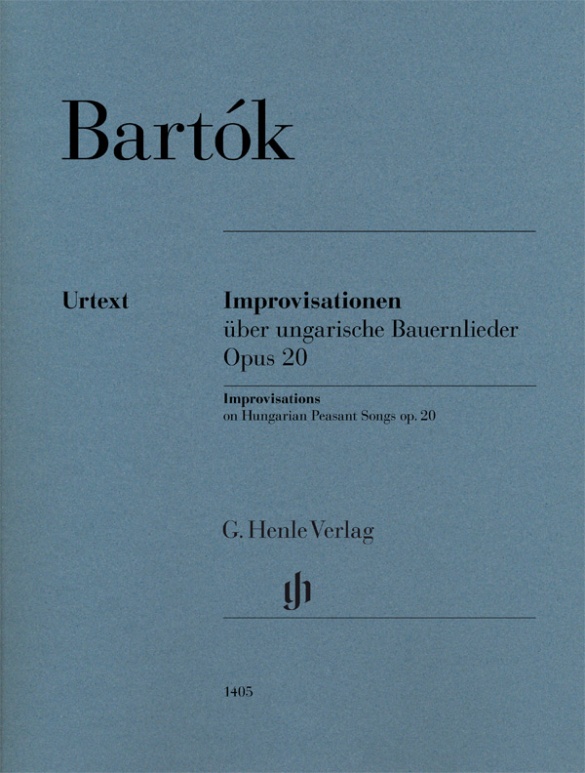

Béla Bartók
Improvisations on Hungarian Peasant Songs op. 20
After his 15 Hungarian peasant songs (HN 1404), these Improvisations on Hungarian peasant songs are the second of Bartók’s works to feature the words “Hungarian peasant songs” in their title. The manner in which he confronts folk melodies with subtle, avant-garde sounds here was later described by Bartók himself as venturing to “the outermost limits”. He also breaks up the song structures so radically into their constituent motives that the title “improvisations” best conveys his approach to this folk music. The musical text of this Urtext edition, edited by Bartók expert László Somfai, is taken from the relevant volume of the Bartók Complete Edition. Comments at the close of this edition offer important hints on performance practice.
mws-henle.cms.title-works.headline
mws-henle.cms-product-detail.composer-headline
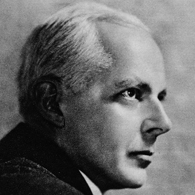
Béla Bartók
This composer, who numbers among the most important musical figures in the first half of the twentieth century, is known principally for his research into Hungarian folk music, the elements of which he incorporated into his style. His broad oeuvre includes numerous works for orchestra, piano, and chamber ensembles, as well as choral music; songs with piano accompaniment; and an opera.
| 1881 | Born in Nagyszentmiklós on March 25. First piano instruction from his mother. |
| 1893–ca. 1896 | Piano studies with László Erkel in Pressburg (Bratislava). |
| 1899–1903 | Studies piano and composition at the Budapest Academy of Music. Symphonic poem “Kossuth” in 1903. |
| from 1905 | Together with Zóltan Kodály he begins scientific field research into Hungarian folk music and thereby refutes conventional notions. He becomes acquainted with the music of Debussy. |
| 1905–07 | Suite No. 2, Op. 4, for small orchestra. |
| 1907–34 | Professor of piano in Budapest. |
| 1908–09 | “For Children,” 85 transcriptions of folk songs for piano, later only 79. |
| 1915–17 | String Quartet No. 2, Op. 17, with percussive playing techniques. |
| 1917 | Premiere of his ballet “The Wooden Prince.” |
| 1918 | Premiere of “Bluebeard’s Castle,” Op. 11 (composed 1911), partially based on the sounds of French music. |
| 1920 | Improvisations on Hungarian Peasant Songs, Op. 20. |
| 1926 | Performance of the pantomime “The Miraculous Mandarin.” Piano cycle “Out of Doors.” |
| 1926–39 | “Mikrokosmos” for piano (six volumes). |
| from 1934 | Editor of the complete edition of Hungarian folk music. |
| 1936 | Music for Strings, Percussion and Celesta as avant-garde work. |
| 1937–38 | Concerto (No. 2) for violin and orchestra. |
| 1940 | Emigrates to the United States. |
| 1945 | Piano Concerto No. 3; his concerto for viola remains unfinished. Death in New York on September 26. |
Product Safety Informations (GPSR)

G. Henle Verlag
Here you can find the information about the manufacturer of the product.G. Henle Verlag e.K.
Forstenrieder Allee 122
81476 München
Germany
info@henle.de
www.henle.com
Regular readers won’t be at all surprised to know that I love these new Henle editions. I am of course a particular fan of Bartók’s music, but also a fan of excellent scholarship, and a fan of Henle editions. Here these three combine to deliver an outstanding score.
Pianodao, 2018推荐
autogenerated_cross_selling


